Products
News
- How to Install AAC Conductor
- Power cable current carrying capacity
- Guide on Low Voltage Aerial Bundling Cables(ABC Cab
- Guide to Electrical Insulators
- The difference between 3 + 2 and 4 + 1 on wires and
- What are the cable accessories?
- AWG (American Wire Gauge) to MM2 Conversion
- Cable Short Circuit Current Calculate
- Overhead conductor,poles,and gold fittings design
- OPGW Cable Line Design Several Key Issues[2]
Contact us
E-Mail:info@dosensecable.com
Phone:+8613073786551
Tel:+8613073786551
Add:Zhengzhou, Henan,China
Pin Insulator
Brand:Dosense Cable
Category:Cable Accessories
Pin insulators are commonly used in electrical power systems to support and isolate conductors from the supporting structures such as poles or towers. They are designed to provide electrical insulation and mechanical support to prevent elec...
Pin insulators are commonly used in electrical power systems to support and isolate conductors from the supporting structures such as poles or towers. They are designed to provide electrical insulation and mechanical support to prevent electrical leakage and maintain the integrity of the power distribution network. Here are some technical parameters and operating scopes of pin insulators:
Technical Parameters:
Voltage Rating: Pin insulators are available in various voltage ratings, ranging from low voltage to high voltage, depending on the application. Common voltage ratings include 11 kV, 22 kV, 33 kV, and higher.
Number of Insulator Discs: The pin insulator is typically composed of multiple insulator discs stacked on top of each other. The number of discs can vary based on the required voltage rating and mechanical strength.
Material: Pin insulators are usually made from porcelain or composite materials. Porcelain insulators are traditional and have been used for many years, while composite insulators offer improved mechanical strength and are less susceptible to damage from environmental factors.
Creepage Distance: Creepage distance refers to the distance along the surface of the insulator that a leakage current can travel. It's an important parameter for ensuring proper insulation. The creepage distance increases with the voltage rating of the insulator.
Mechanical Strength: Pin insulators must be able to support the weight of the conductor and withstand mechanical stresses caused by wind, ice, and other environmental factors. Composite insulators tend to have better mechanical strength compared to porcelain insulators.
Hardware: The pin insulator is fitted with metal end fittings, usually made of galvanized steel or other corrosion-resistant materials, to attach it to the supporting structure and the conductor. The design and material of these fittings are crucial for ensuring a secure installation.
Operating Scope:
Transmission and Distribution Lines: Pin insulators are commonly used in overhead transmission and distribution lines to support and insulate conductors. They are particularly suitable for medium voltage and high voltage applications.
Distribution Substations: Pin insulators are also used in distribution substations to support busbars and other equipment requiring electrical insulation.
Railway Electrification: In railway electrification systems, pin insulators are used to support overhead catenary wires that provide power to electric trains.
Telecommunication Lines: In some cases, pin insulators are used to support communication cables, especially in areas with challenging terrain where underground installation is not feasible.
Industrial Applications: Pin insulators are used in various industrial settings for electrical insulation and support, such as in industrial switchyards and manufacturing facilities.
Environmental Conditions: Pin insulators are suitable for both indoor and outdoor installations. They are designed to withstand a range of environmental conditions including rain, snow, UV radiation, and temperature fluctuations.
- Previous:Composite Insulators
- Next:Silicone Rubber Insulator
Related Products





 info@dosensecable.com
info@dosensecable.com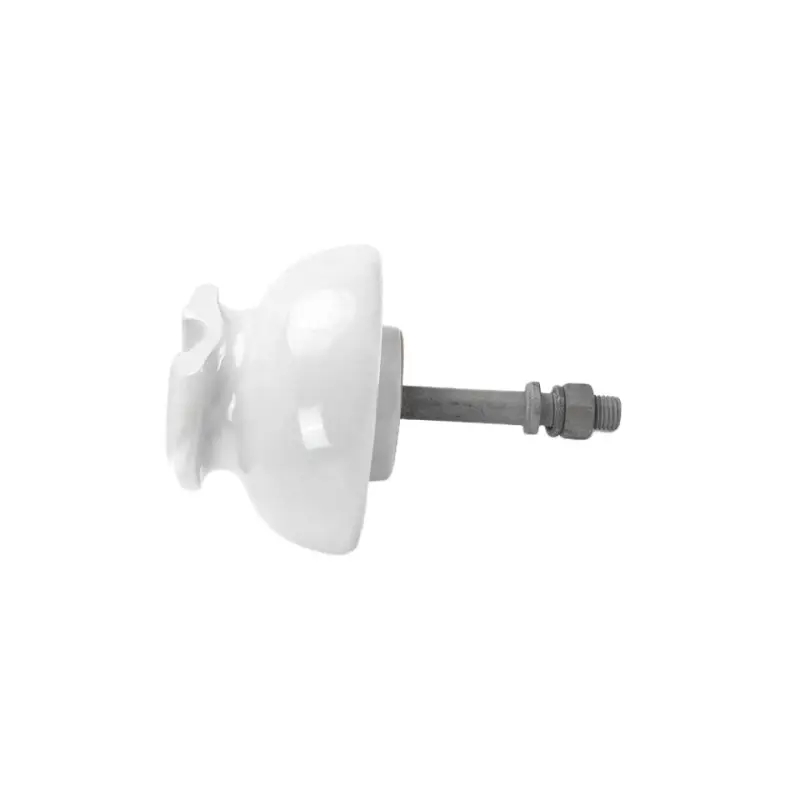
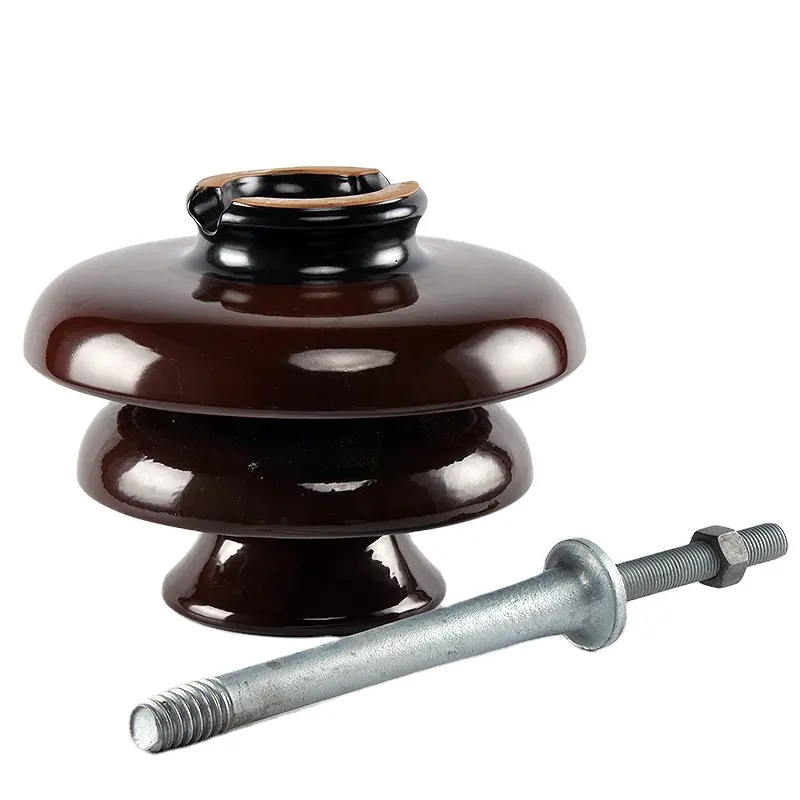
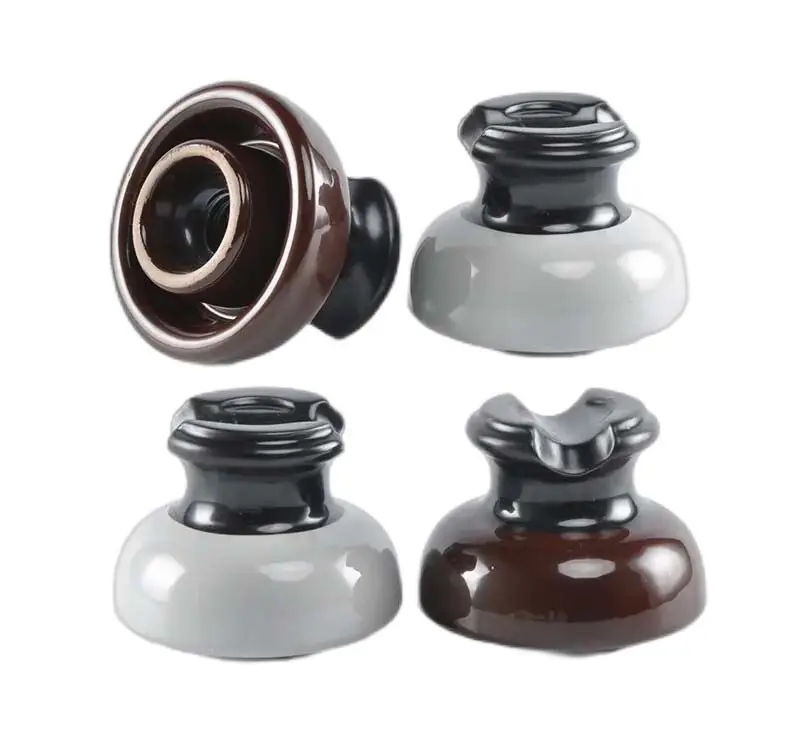
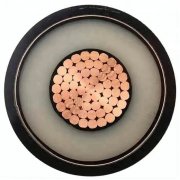
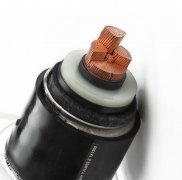
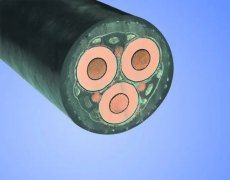
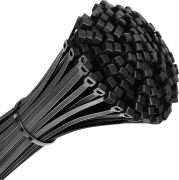
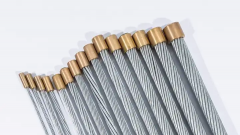
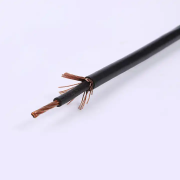
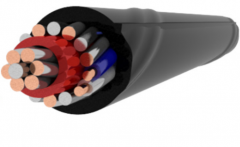
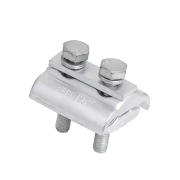

 Tel:
Tel:  Address: Zhengzhou, Henan,China
Address: Zhengzhou, Henan,China